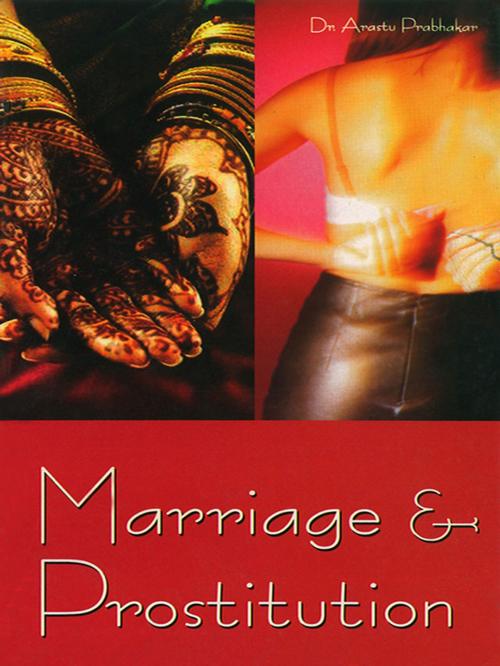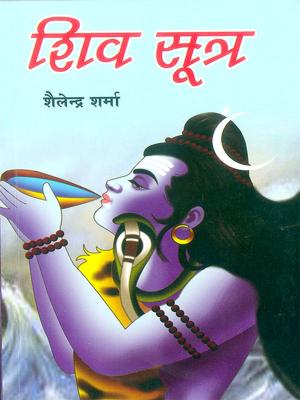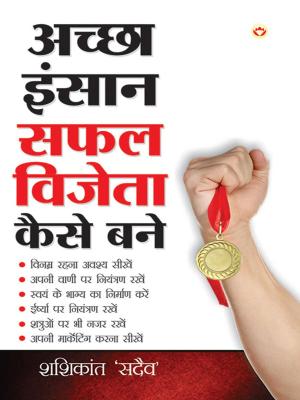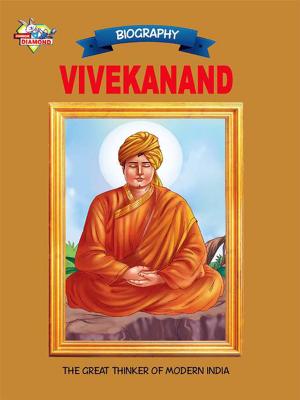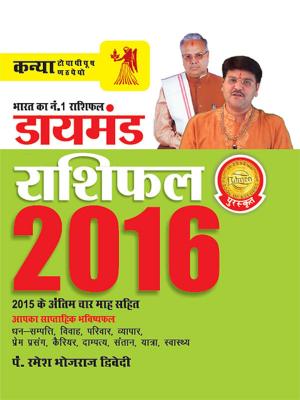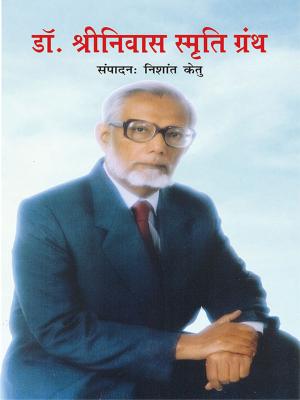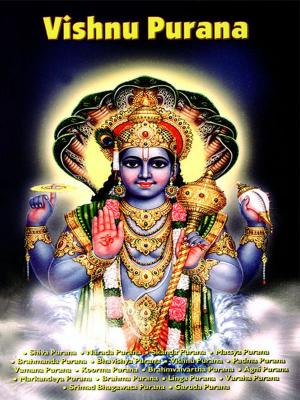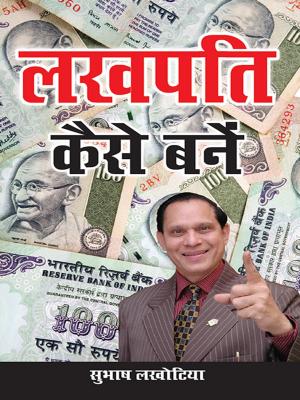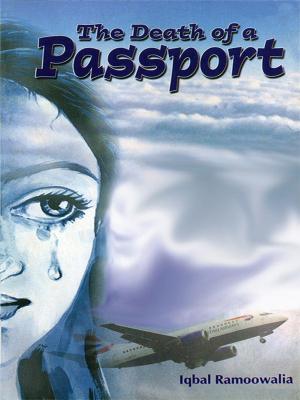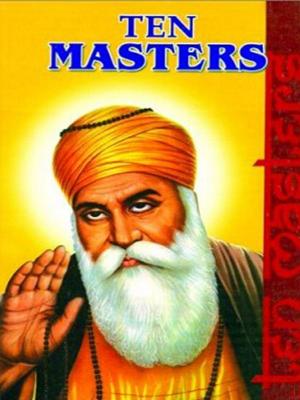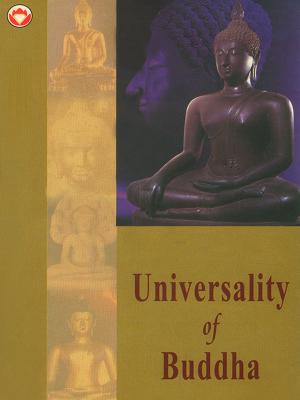| Author: | Arastu Prabhakar | ISBN: | 9788128811081 |
| Publisher: | Diamond Pocket Books Pvt ltd. | Publication: | March 8, 2016 |
| Imprint: | Language: | English |
| Author: | Arastu Prabhakar |
| ISBN: | 9788128811081 |
| Publisher: | Diamond Pocket Books Pvt ltd. |
| Publication: | March 8, 2016 |
| Imprint: | |
| Language: | English |
The book not only presents the moral dilemma pertaining to the social code of conduct but also reveals the psychological and philosophical aspects of human beings for which social laws have been made. The author’s blatant attack on various social evils like casteism and dowry system shows his indignation towards the pathetic plight of women, which is again reflected in the chapter on paternity versus maternity. The country, society, citizens - all are closely associated among each other. The individual and his or her outlook is the reflection of society which itself is the manifestation of outlook of the total sum of its constituents. It is the reality that is propounded in this book.
The present book has reflected on the personal psychology of human beings vis-a-vis their subdued or expressed relationship with society. It is absolutely true that society being a unit of civilization itself must exert some kind of influence over the unbridled energies of its constituents. But how much and upto what degree it should exert influence upon individuals? The excessive controls and restrictions often interfere with the natural qualities of human beings and never allow them to play their basic role in the society. In that scenario society itself is the loser - of not being touched by the new qualities of its constituents and what they reflect under the impression of a particular culture and tradition is borrowed personality. Similarly, many other hoaxes exist in the society, which have been dealt with elaborately in respective chapters. Chapters like Paternity versus Maternity, Fear-the Greatest Enemy of Morality, have reflected the pathetic plight of women not only in India but across the world and have also shown the impact of such maltreatment on the societies as a whole. The general condition of women in the entire world is more or less similar and shows ill treatment of the societies’ all and sundry.
The book not only presents the moral dilemma pertaining to the social code of conduct but also reveals the psychological and philosophical aspects of human beings for which social laws have been made. The author’s blatant attack on various social evils like casteism and dowry system shows his indignation towards the pathetic plight of women, which is again reflected in the chapter on paternity versus maternity. The country, society, citizens - all are closely associated among each other. The individual and his or her outlook is the reflection of society which itself is the manifestation of outlook of the total sum of its constituents. It is the reality that is propounded in this book.
The present book has reflected on the personal psychology of human beings vis-a-vis their subdued or expressed relationship with society. It is absolutely true that society being a unit of civilization itself must exert some kind of influence over the unbridled energies of its constituents. But how much and upto what degree it should exert influence upon individuals? The excessive controls and restrictions often interfere with the natural qualities of human beings and never allow them to play their basic role in the society. In that scenario society itself is the loser - of not being touched by the new qualities of its constituents and what they reflect under the impression of a particular culture and tradition is borrowed personality. Similarly, many other hoaxes exist in the society, which have been dealt with elaborately in respective chapters. Chapters like Paternity versus Maternity, Fear-the Greatest Enemy of Morality, have reflected the pathetic plight of women not only in India but across the world and have also shown the impact of such maltreatment on the societies as a whole. The general condition of women in the entire world is more or less similar and shows ill treatment of the societies’ all and sundry.
